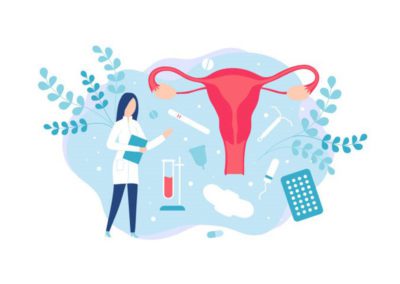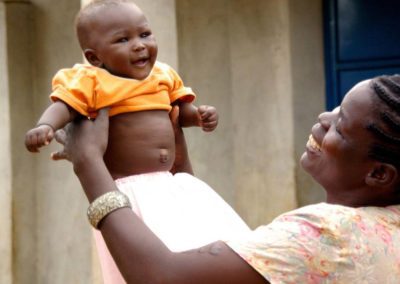Comprehensive Sexual Health Education
Sexual and intimate partner violence (IPV) can directly and indirectly impact sexual and reproductive health. Sexual health and reproductive health are intersectional, but distinct. According to the World Health Organization:
Sexual health is physical, emotional, mental and social well-being in relation to sexuality. To attain full sexual health requires a positive and respectful approach to sexuality and sexual relationships, as well as the possibility of having pleasurable and safe sexual experiences, free of coercion, discrimination and violence.
Reproductive health is physical, mental and social well-being in relation to the reproductive system and its functions and processes. To attain reproductive health requires that people are able to have a satisfying and safe sex life and that they have the capability to reproduce and the freedom to decide if, when and how often to do so.
Exposure to sexual violence and IPV increases a person’s risk for a range of negative sexual and reproductive health outcomes, including unintended pregnancies and abortions. These risk are especially high for people experiencing reproductive control or sexual violence. Tactics such as birth control sabotage or pregnancy pressure directly preclude someone’s ability to access and use their preferred method of contraception, thus compromising the ability to avoid an unwanted pregnancy. Sexual violence and IPV are also associated with poor maternal and infant health outcomes (including miscarriage, stillbirth, and postpartum depression) and HIV and other sexually transmitted infections.
Our global research aims to better understand the intersections of sexual violence, IPV and sexual and reproductive health. We use our findings to develop and test evidence-based approaches for reducing risk for violence and promoting sexual and reproductive health and rights.



![Let’s Talk about Sex [Education]](https://wagmanlab.ph.ucla.edu/wp-content/uploads/2022/06/Lets-Talk-about-Sex-Education-Featured-Image-400x284.jpg)

